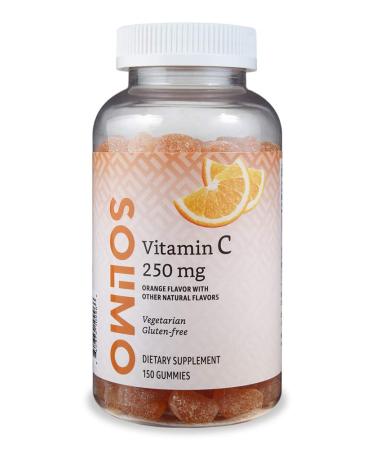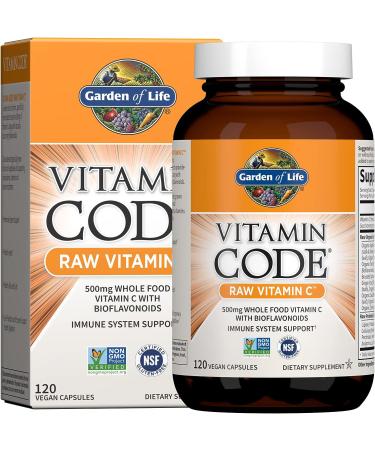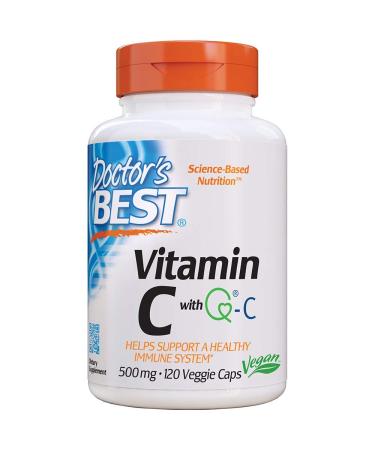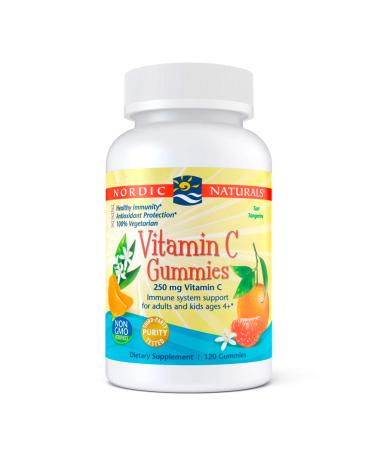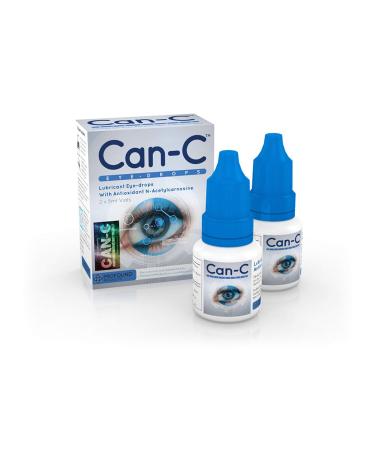Vitamin C is an electron donor, or reducing agent, and electrons from ascorbate account for all its known physiological effects. Vitamin C is the most important water-soluble antioxidant in the human body and is obtained only from dietary sources. It slows the lag time of LDL Cholesterol oxidation, the earliest step that leads to calcification of the arteries. Vitamin C recycles vitamin E and glutathione back to their reduced states from their oxidized states in what is known as redox recycling, an important part of our antioxidant system to prevent oxidative stress episodes from occurring.
Vitamin C is essential to the biosynthesis of L-carnitine, vital for energy production in the mitochondrial Krebs cycle, essential for production of the neurotransmitter norepinephrine, and for collagen synthesis found in the joints and the connective tissues. As a reducing agent, Vitamin C is essential for the absorption of dietary iron. Ascorbate acts as an electron donor for fifteen mammalian enzymes.
Lack of vitamin C inevitably results in scurvy. Many of the signs and symptoms of scurvy match known enzymatic actions of ascorbate. For example, loosening of teeth and tissue breakdown may reflect inability to cross link collagen, leading to structural weakness of connective tissue. Lassitude may reflect impaired neurotransmitter synthesis, defective amide addition to peptide hormones or impaired carnitine synthesis. Vitamin C contributes to immune defense by supporting various cellular functions of both the innate and adaptive immune system.
Vitamin C supports epithelial barrier function against pathogens and promotes the oxidant scavenging activity of the skin, thereby potentially protecting against environmental oxidative stress. Vitamin C accumulates in phagocytic cells, such as neutrophils, and can enhance chemotaxis, phagocytosis, generation of reactive oxygen species, and ultimately microbial neutralize. It is also needed for apoptosis and clearance of the spent neutrophils from sites of infection by macrophages, thereby decreasing necrosis and potential tissue damage. The role of vitamin C in lymphocytes is less clear, but it has been shown to enhance differentiation and proliferation of B- and T-cells, likely due to its gene regulating effects.
EXTENDED BENEFITS
Supports immune function through numerous mechanisms*
Although vitamin C is a potent antioxidant protecting the body against endogenous and exogenous oxidative challenges, it is likely that its action as a cofactor for numerous biosynthetic and gene regulatory enzymes plays a key role in its immune modulating effects. Vitamin C stimulates neutrophil migration to the site of infection, enhances phagocytosis and oxidant generation, and microbial neutralize. At the same time, it protects host tissue from excessive damage by enhancing neutrophil apoptosis and clearance by macrophages and decreasing neutrophil necrosis (cell death). Thus, it is apparent that vitamin C is necessary for the immune system to mount and sustain an adequate response against pathogens, whilst avoiding excessive damage to the host.
Vitamin C supports skin health*
Vitamin C intervention studies in humans using dietary and supplemental doses of vitamin C have shown enhanced vitamin C uptake into skin cells and enhanced oxidant scavenging activity of the skin. The elevated antioxidant status of the skin following vitamin C supplementation helps
protect against oxidative stress caused by environmental pollutants. Human skin contains relatively high concentrations of vitamin C in the dermis, with higher levels found in the epidermis. Vitamin C is actively accumulated into the epidermal and dermal cells via the two sodium-dependent vitamin C transporter isoforms 1 and 2, suggesting that the vitamin has crucial functions in the skin.
Helps address the epidemic of inadequate Vitamin C levels
Epidemiological studies show that inadequate Vitamin C intake is still relatively common in Western populations – Vitamin C deficiency is the fourth leading nutrient deficiency in the United States. The reasons for this deficiency include reduced intake combined with limited body stores. Increased needs occur due to environmental pollution, smoking and conditions of oxidative stress. Ensuring adequate intake of vitamin C through supplementation, especially in groups such as the elderly or in individuals exposed to risk factors for vitamin C insufficiency is necessary for proper immune function, optimal appearance of the skin and better cardiovascular health.
* These statements have not been evaluated by the FDA. This product is not intended to diagnose, treat, cure or prevent any disease.




